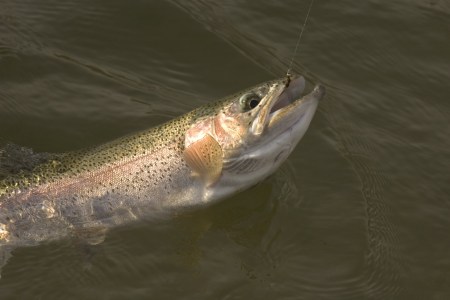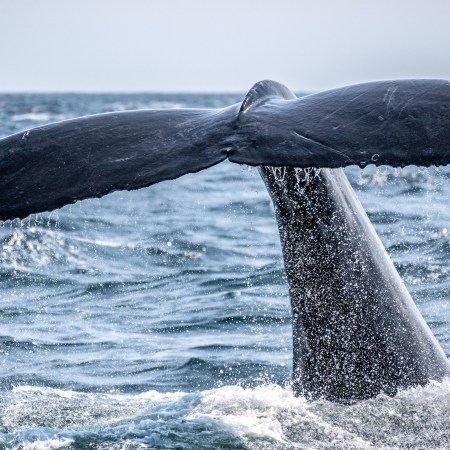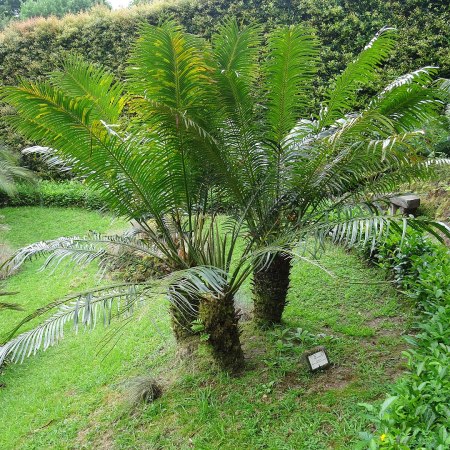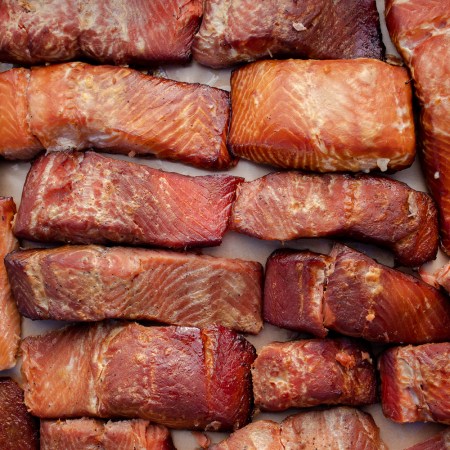Dried fish bladders are not something most people would expect to compare to cocaine, and yet that appears to be the world in which we live. Recent reporting from Jo Chandler at Nature explores the growing popularity of substance referred to as “cocaine of the seas” — also known as fish maw, which is made from, you guessed it, dried fish bladders.
There are a few reasons why fish maw demands such a high price; as Business Insider explained last year, it holds a significant place in traditional Cantonese cooking and is believed to have medicinal value as well. It’s for these reasons that demand for fish maw is high — which has also led to an uptick in illicit sales of the substance. Hence the cocaine comparisons.
Earlier this year, InfoNile reported on overfishing in the waters in and around Tanzania, due in part to the increased demand for fish maw in both India and China. The fact that fish maw commands a higher price in China than in Tanzania has transformed the industry, leading to a rise in illegal fishing and leaving many legitimate businesses suffering.
Tanzania isn’t the only part of the globe that’s seen an increase in illicit fish maw trade, either. Earlier this year, authorities in Hong Kong seized over $750,000 worth of smuggled animal parts, including fish maw, that were en route to Vietnam.
Nature‘s reporting focuses on the fish maw trade in Papua New Guinea, which has led to a serious influx of cash to businesses there — and could threaten the local ecosystem, something that Chandler notes has taken place in other countries where fish maw became a hot commodity.
Climate Change is Affecting the Art of Trout Fishing
Trout’s preferred habitats are shrinkingAs researchers working on the ground in Papua New Guinea have found, there’s evidence that the trade in fish maw there has had adverse effects on local turtles, dolphins and sharks. The researchers, according to Nature, requested that the government implement regulations to better preserve the ecological balance there. It’s another case where a rapidly growing trade could have unforseen effects that devastate the local environment.
This article appeared in an InsideHook newsletter. Sign up for free to get more on travel, wellness, style, drinking, and culture.



















